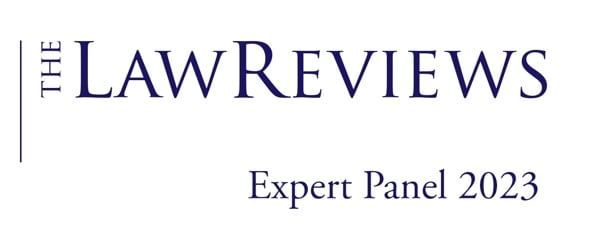The Real Estate Investment Structure Taxation Review is a useful guide for those investors willing to invest in real estate properties located in Europe. It provides a comparative illustration of the possible alternatives for the establishment of investment platforms in Europe and investment vehicles at a local level. Each country-specific chapter provides insights from leading experts on key tax considerations and investment opportunities based on the relevant national legislation.
In this edition our experts will go through these points:
- Overview of Investment vehicles in real estate and Property taxes
- Asset deals versus share deals
- Regulated real estate investment vehicles
- Real estate investment trusts and similar structures
- International and cross-border tax aspects
- Year in review
- Outlook

Publication
The Real Estate Investment Structure Taxation Review
Belgium Chapter







